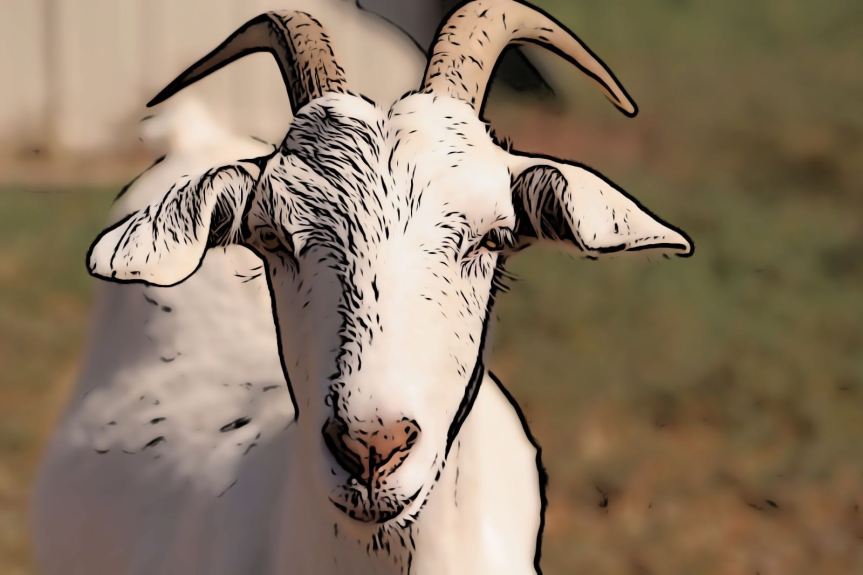Sir Malcolm Leslie Rifkind, KCMG, QC, MP, former Defence Secretary, former Foreign Secretary, distinguished member of Margaret Thatcher’s cabinet, long standing member of parliament, has become ensnared in a ‘cash for access’ scandal. This has many implications – and many different angles to examine, from his claim that it would be ‘unrealistic’ to expect an MP to live on £67k per annum onward – but the one that may be the most important is his role as Chair of the Intelligence and Security Committee, the ISC. The ISC is the only parliamentary body that oversees the activities of the intelligence services – MI5, MI6 and GCHQ. It is a body that is made up only of people personally nominated by the Prime Minister, and given the nod by the leader of the opposition – and until last year, it operated effectively in private. It has had one public session (about which I have written before) in November last year, and it wasn’t exactly impressive – it felt rehearsed, and scripted, the heads of MI5, MI6 and GCHQ having been given details of the questions beforehand.
In practice, therefore, there is an enormous amount of responsibility on the ISC, and on its chair in particular. What they do is largely behind closed doors – so we have to trust that they do a good job. The latest events for Sir Malcolm Rifkind make that seem very doubtful. I have met Rifkind – I sat next to him at the ‘Round Table’ events as part of the ISC’s inquiry into surveillance – and I have to admit I liked him. He was charming, affable, a good listener, clearly intelligent, and in some ways what appears to be a consummate politician. His experience is enormous, his ability to ‘manage’ meetings very impressive – but does that make him suitable for the key role overseeing the UK’s intelligence services?
He does not have the technical knowledge or understanding of the technology – he made that entirely clear from the start of the Round Table discussion, asking for the most basic information and demonstrating some critical levels of technical ignorance. He does not have the legal understanding either – he admitted to me directly that he didn’t understand RIPA – the Regulation of Investigatory Powers Act that is central to the governance of surveillance in the UK. So what is left? His ‘gravitas’, his position as a ‘safe pair of hands’. And that, importantly, is what is now compromised. He is supposed to represent us – and from what we have seen about his ‘cash for access’ scandal, it seems pretty clear that his main representation is of himself. He was duped by a fake Chinese company, set up by journalists, for the chance of making money. What he said may (it has yet to be confirmed) be within the parliamentary guidelines, but in this context that cannot be nearly enough. Being Chair of the ISC is a huge responsibility – and it has huge sensitivity.
It isn’t just personal issues that are at stake, but national security to: just imagine the possibilities if the fake Chinese company had been a cover for Chinese Intelligence rather than journalists from Channel 4 and the Telegraph. It is almost a classic trap – the sort of thing that has been played out in many thrillers. Some thrillers, these days, would have had Rifkind compromised by people within the intelligence services, so that they can bend him to their will – but I don’t believe that is the real risk here. Rather, it shows inappropriate priorities – when priorities are particularly critical.
There is another side to this that should be deeply concerning. This kind of thing matters because companies – specifically companies involved in the development and supply of surveillance technology – are part of the problem with surveillance. They want to promote surveillance so they can be paid to develop and implement technology here that can then be exported elsewhere – there is a ready market for surveillance systems all over the world, particularly to the more oppressive and autocratic of governments. These companies can lobby, can manipulate, can bamboozle people without the technological knowledge or understanding to appreciate the risks. And Rifkind fits the bill.
I don’t believe it is just Rifkind that is the issue here – though the idea that he could remain as Chair of the ISC after this is frankly deeply disturbing – but our whole system of oversight of intelligence. Depending on individuals, particularly individuals appointed through a system which is rife with patronage and inside connections, just doesn’t work. It creates vulnerability – and destroys the possibility of accountability. It needs root and branch reform – the involvement of technical experts, civil society and the judiciary, not just politicians and civil servants. Will it happen? It seems unlikely. Eventually Rifkind will probably fall on his sword, but nothing more will change. If only it would.
UPDATE: 10:15 February 24th: Rifkind has stepped down as Chair of the ISC, though he remains a member of the committee.
10:30 February 24th: Rifkind will also be stepping down as an MP in May

